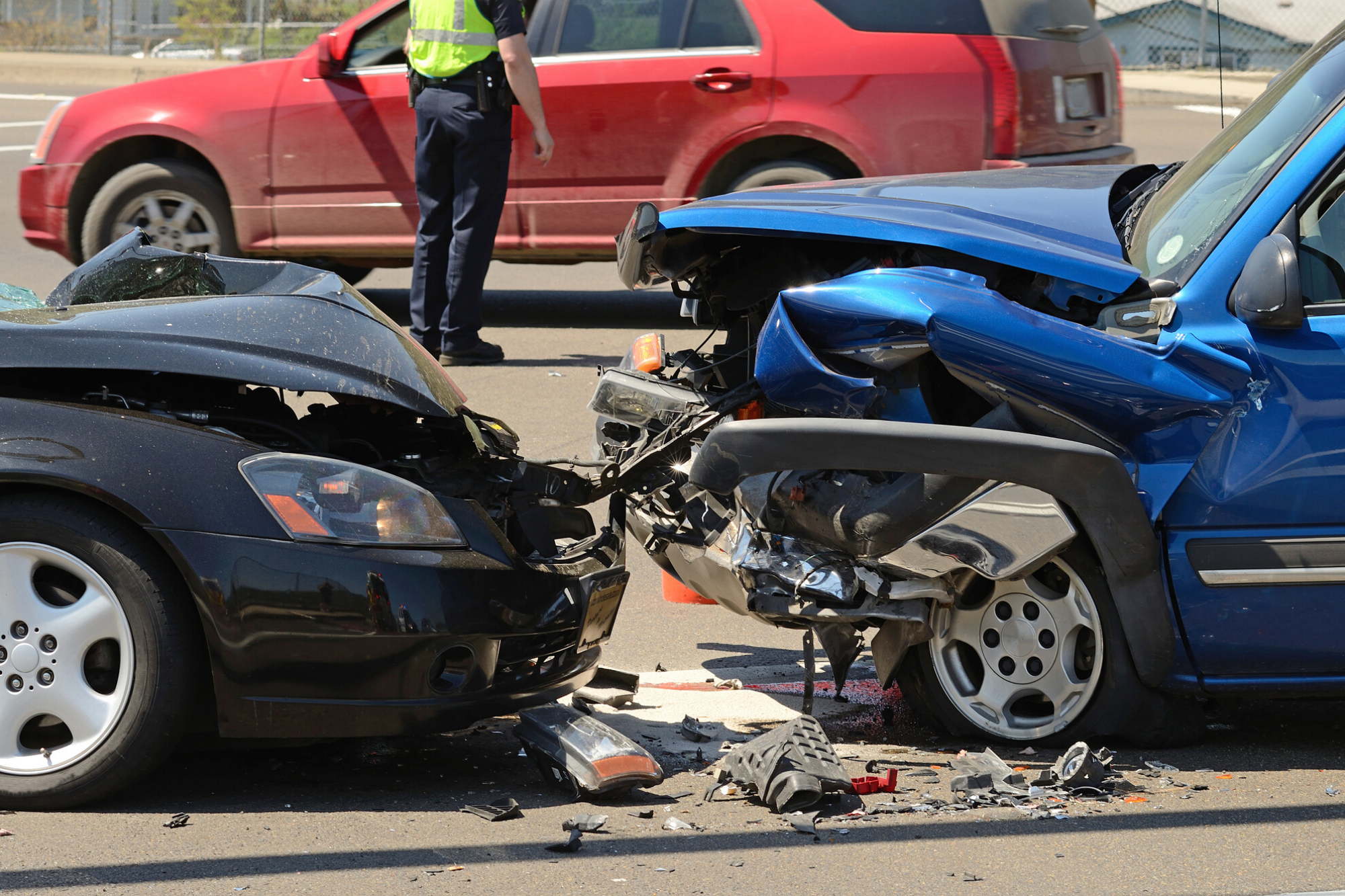Who Is At Fault In A Head On Collision?

Head-on collisions are among the most dangerous and devastating car accidents that can happen on the road. While these types of accidents often result in serious injuries and even fatalities, it is important to understand who is at fault in the event of a head-on collision. To help you better understand this, here is an overview of who is usually to blame.
Driver Negligence
The most common cause of a head-on collision is driver negligence. This can occur when one driver fails to abide by the rules of the road, such as not adhering to the speed limit, failing to signal when changing lanes, or not driving with the proper defensive precautions in mind. When a driver fails to take the necessary precautionary steps, they can cause a catastrophic head-on collision.
On occasion, a driver's negligent actions may not directly lead to a head-on collision. If an individual is driving carelessly and nearly causes a head-on crash, other drivers may attempt to avoid the accident, leading to a different type of collision. In these cases, the negligent driver will often be considered at fault.
Alcohol and Drugs
Alcohol and drugs contribute to the likelihood of head-on collisions, as they cause impaired judgment and affect reaction time. When a driver is under the influence of alcohol or drugs, they are unable to make safe or rational decisions and are more likely to be involved in an accident. Drunk and drugged driving can lead to head-on collisions, and the driver will typically be the one at fault.
Distracted Driving
Distracted driving is another common cause of a head-on collision. Texting, talking on the phone, eating, and other distractions can prevent a driver from taking the necessary precautions to prevent a catastrophe. If a driver is not paying attention to the road and veers into oncoming traffic, they may be liable for any resulting collision.
Road Conditions
Road conditions may also play a role in head-on collisions. For instance, a wet or slippery road can reduce the amount of traction a car has and increase the risk of an accident. If ice or debris has been left on the road and it causes a driver to lose control of their vehicle, the person or entity responsible for the debris may be to blame.
Reckless Driving
Reckless driving is another factor that can lead to head-on collisions. This can occur when drivers disregard traffic laws or take extreme risks, such as speeding, weaving in and out of lanes, and tailgating. Additionally, some individuals may even drive the wrong way down one-way roads, leading to an inevitable collision.
Mechanical Issues
Mechanical issues can also be potentially disastrous when it comes to head-on collisions. When a vehicle suddenly stops working, the driver may be unable to avoid a wreck. This is especially true if a tire blows out, the brakes malfunction, or the steering stops working. In these cases, the owner of the vehicle may be liable if it is found that they neglected to have routine maintenance done.
Weather Conditions
Head-on collisions can also be the result of weather conditions. Heavy rain or snow can impair a driver's vision, making it more difficult for them to react fast enough and avoid a crash. Additionally, high winds may push a car into oncoming traffic. Depending on the situation, either the driver or the local municipality may be held liable for the accident.
Other Drivers
In some cases, a head-on collision may be caused by the actions of another driver. For example, a driver may attempt to pass another car in the wrong lane or change lanes without properly signaling. If an individual is involved in a collision due to the reckless or negligence of another driver, they may be considered not at fault.
No Fault Insurance States
In some states, there are “no-fault” insurance systems, meaning that the driver will be held responsible for the accident regardless of fault. In this case, a person's insurance can potentially cover any damages or medical expenses resulting from the crash. If the injuries are severe, a victim may be able to file a claim against the negligent driver to recover compensation.
Head-on collisions are devastating accidents that can have a long-lasting impact on victims. It is important to understand who is at fault in the event of a head-on collision to ensure that you are able to take the necessary steps to protect your rights and seek the compensation you may be owed. If you have been involved in a head-on collision due to someone else’s negligence, contact an experienced attorney immediately.
Post a Comment for "Who Is At Fault In A Head On Collision?"